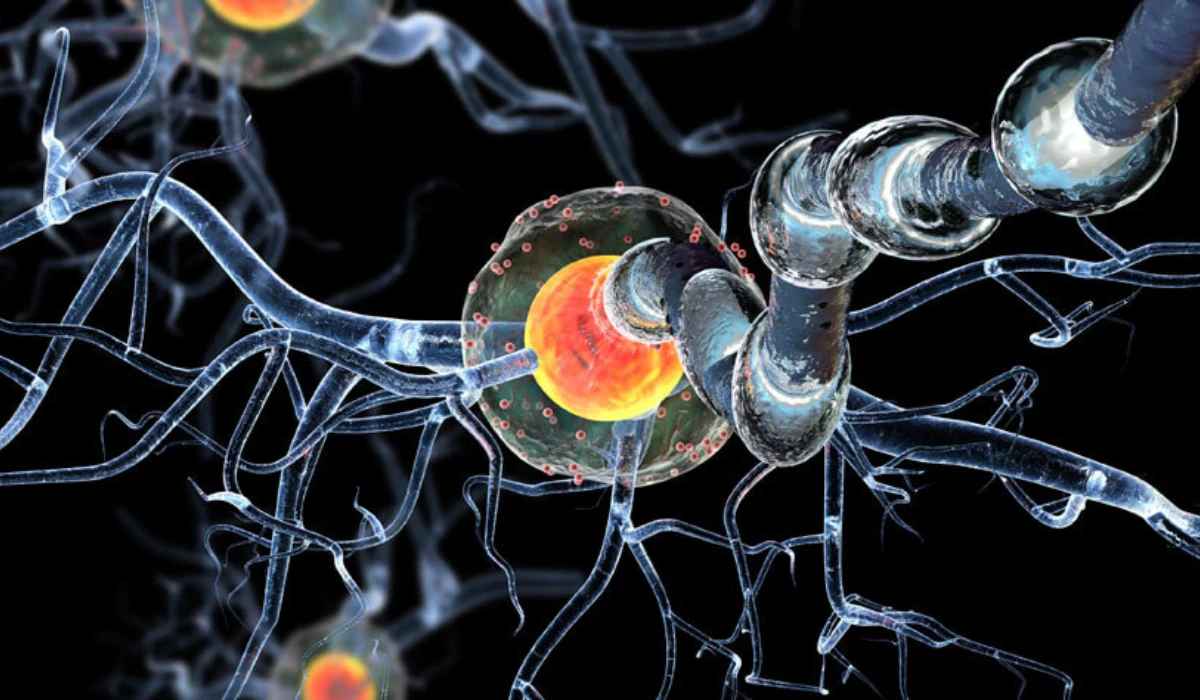Are you experiencing delusions or mood swings lately? You might want to get it checked for Lewy Body Dementia. It is a part of Dementia, the third neurodegenerative disorder that ruins your memory and motor skills. Alzheimer’s disease is the first one and vascular dementia is the second one. This disease progresses at a rapid rate and life expectancy is also reduced with its later stages.
Individuals suffering from Lewy Body Dementia also have a higher risk of developing Parkinson’s disease with increased tremors and poor motor skills. In this blog, we are going to discuss every aspect of Lewy Body Dementia, its symptoms, its stages, and coping methods for your loved ones. So, if you are someone who has the symptoms of Lewy body dementia, or know someone who is, then this blog is for you.
Stages Of Lewy Body Dementia
Lewy Body Dementia or LBD is a challenging brain disorder that affects memory, cognitive behavior, and motor control. Your mind and body start to disorient from reality and start having hallucinations. The body coordination is no longer under your control, and you would need assistance for walking too.

The name of this disorder is aptly named, as the brain cells start having abnormal protein deposits that are called Lewy bodies. When these Lewy bodies start to increase it impacts normal brain functioning and you tend to lose your emotional well-being. Along with this, you also experience impairment in cognitive skills and body coordination.
The stages of Lewy Body Dementia are explained below:
Triggering Cognitive Changes
The origin of LBD seems to be displaying rare symptoms, where your mind is just going through a rough phase. You start to forget small things from your daily life and experience mood swings. Being in an irritable mood for a long time and then returning to being calm, does explain that this behavior is not normal.
Your family might also see these changes and address them as a rough period. Often patients also suffer from hallucinations where there is a thin line between reality and imagination. You might see things that are not there or feel that are not present in real life.
Subtle Cognitive Impairment
In this phase of Lewy Body Dementia, people need their loved ones or family to be around them, as it becomes difficult for them to cope with the changes. There are instances where you might suffer from memory loss, have difficulty planning your day, or even organize simple things.
The family of the patient is required to help them with the mundane daily tasks and support their behavior. The inability to remain alert will start to decline in the patients of LBD and require things to be explained repeatedly.
Intermediate Cognitive Decline
By this phase, individuals experiencing these symptoms and their loved ones will be able to understand that there is something wrong and seek medical help. People start getting confused for a small matter, require assistance with their language, and with multiple steps.
The families of the sufferer might experience burnout after incessant caring and assistance toward the sufferer. There is muscle stiffness and slow movements with balance issues. They tend to fall because of balance and coordination issues.
Complex Cognitive Decline
In this phase, the motor skills and the sufferers tend to forget their loved ones as well. Increased visual hallucinations, and memory loss keep them confused for a longer period and they have a hard time understanding what Is going on around them.
The caregivers and the family members are the support systems for the patient’s life as they are dependent on them for daily activities. With this stage, the patients may also show the symptoms of depression, agitation, and sleep disorders.
Complex Motor Symptoms
Up until now, there were imbalanced movements and poor coordination with the patients, but from this stage, there is an increased risk of falls and injury. The tremors and muscle stiffness are similar to the symptoms of Parkinson’s disease. Family members and caregivers are more involved in the caring as they require undivided attention all the time.
Psychiatric And Motor Symptoms
In this phase, people tend to have aggression, are easily irritated, and have mood swings. The visual hallucinations get worse and their behavior is worrisome for a larger part. At this stage, these individuals require specialized care when they need someone for every aspect of life. This is quite a difficult phase in dementia and the motor symptoms get worse day by day.
End Stage
This is the final stage of Lewy Body Dementia where sufferers are bed-ridden and have no hope of getting better. There is a decline in cognitive activity, and physical activity, and no signs of recovery.
Coping Methods For Loved Ones
Care options for individuals suffering from LBD involve at-home facilities, respite care, and specialized homes. In all cases, there is professional assistance available so that you can rest while there is help. In these hard times, the family and close ones must be strong and support the patients. Here are some of the points that can help you:
- Educate yourself about this brain disorder and prepare yourself for what’s coming next.
- Sign up for the online support groups that can help you with their experiences.
- Create a simple routine for the patient so that it’s easy for them.
- Invest in the handrails around your home so the patient can balance themselves.
- Use art as a therapeutic activity which can help them fight off the memory loss
Conclusion
Individuals after the age of 50 and with REM sleep behavior disorder are the common patients of LBD. It is difficult for the patients to keep a reign on their bearing as they start to lose their memory and then gradually their motor movements. Stick by their side, as much as you can and give them the care and love that they deserve.
Also Check: Is Saltwater Good For Your Hair? How Does It Affect Your Hair Health?

